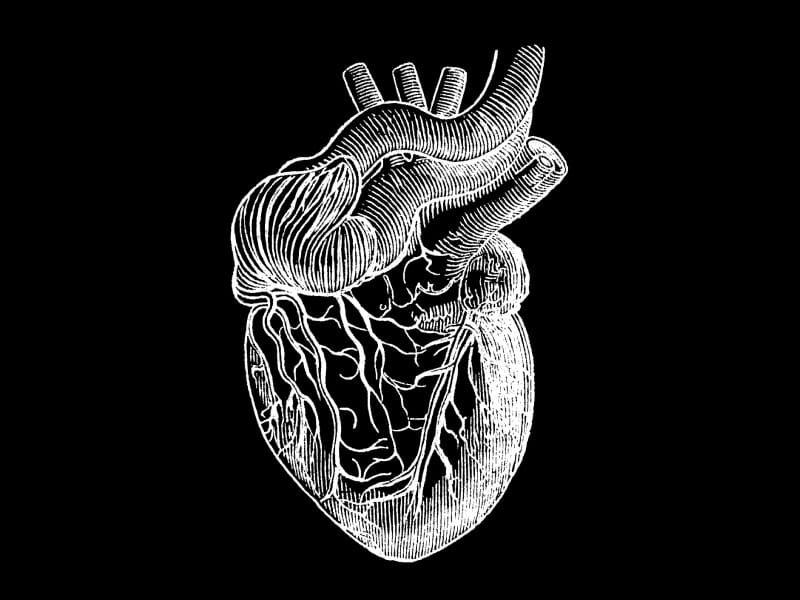Drug- and alcohol-related heart disease and stroke deaths rising
By American Heart Association News

While deaths from cardiovascular disease were falling over the first two decades of this century, those involving substance use rose an average of 4% per year, according to new research.
The study, published Wednesday in the Journal of the American Heart Association, analyzed mortality trends using Centers for Disease Control and Prevention data from 1999 to 2019. The analysis found increases in substance use-related cardiovascular deaths were highest among women, American Indian and Alaska Native people, younger adults, those living in rural areas and cannabis and psychostimulant users.
Alcohol played a prominent role, linked to 65% of all cardiovascular deaths related to substance use. Nearly 14% were related to opioids, just under 10% to cocaine and 6.5% to stimulant use. Cannabis was least associated with cardiovascular deaths, linked to less than 1%, but experienced a large increase over the study period. This could be due to a growing number of states legalizing its use or increased potency of the drug, the authors suggested.
"The study results were generally consistent with what we see in our clinic while caring for patients with cardiovascular disease," senior study author Dr. Dmitry Abramov said in a news release. Abramov is a cardiologist and associate professor of medicine at Loma Linda University Health in California.
While alcohol and opioids were the substances most associated with cardiovascular deaths, the increases in cardiovascular deaths linked to stimulants – mostly amphetamines – were particularly prominent, he said. "This highlights both the ongoing risk of common substances, including alcohol and opioids, and also demonstrates the need to tackle amphetamines as a substance whose contribution to cardiovascular disease deaths is growing more rapidly."
Adults 25 to 39 saw the steepest increase in death rates, at 5.3% on average annually, followed by adults 55 to 69, who experienced a 4.9% increase. While substance use-related cardiovascular deaths were higher among men than women, increases in the death rate for women were larger than men during the study period, Abramov said. Prior research has shown substance use and overdose rates are rising among middle-aged women.
"Identifying high-risk groups will be crucial for prioritizing preventive measures to reduce substance use-related cardiovascular disease deaths," he said.
Women, for example, may face "unique societal risks that may contribute to the increases noted in our study," he said. "These sex-based differences, in addition to the differences by race and ethnicity, age and living in an urban or rural community, require additional research."
Greater public health efforts are needed to address substance use in the U.S., with a focus on the socioeconomic factors that may be contributing to it, Abramov said. "Such efforts are critical in reversing the trends in CVD deaths associated with substance use and will hopefully lead to further reduction in the overall burden of heart disease and stroke."





